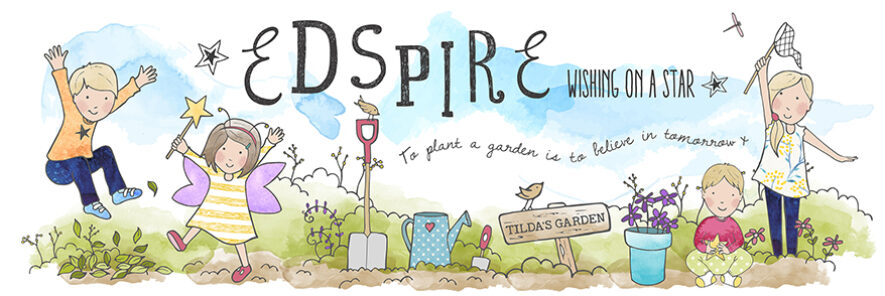As a new year begins
Many children are preparing for a return to school
And all are starting a new chapter in their education
This week we are completing some very informal assessments
As our home school year begins
I will be using these to make a plan
For our educational journey for the coming year
I know roughly what I need to be doing with my children
But I want to be sure that I am not leaving any gaps
We are following the curriculum fairly closely
As both Esther and William have expressed interest
In going to school for Key Stage 2
It is my responsibility now to ensure that they are ready
When the time comes
As a primary school teacher
I do enjoy assessing and planning
Creating learning opportunities and resources
And with my own children
It feels even more special
And I can adapt things to suit their individual
Passions (obsessions) and needs
One thing I am very aware of
Is making sure that my children
Are strong emotionally
I want to ensure they are confident
And resilient
Before they enter the world of school
Especially Esther
Who is so keen to learn
But finds things quite tricky
Particularly in comparison to William
Confidence, resilience
Emotional awareness and well being
These are all things that can impact greatly
On a child’s education
This is being recognised in schools more and more
Schools now teach children of all ages
As part of their PSHE program
About mental, physical and emotional well being
You can read some guidance here
And discover how we can help even our youngest children
Develop their emotional well being and resilience
We can support pupils in developing their resilience and emotional well being from an early age by incorporating key skills across the curriculum. There are a series of protective factors which can reduce the risk of pupils turning to unhealthy coping mechanisms such as self-harm,eating disorders or substance misuse, which can be developed through our PSHE education
curriculum. These protective factors include:
good communication skills
good problem-solving skills
healthy coping skills, including healthy responses to moments of crisis
the knowledge, skills and confidence to seek help
the ability to recognise, name, describe and understand a range of emotions
the ability to manage difficult emotions in a healthy way
friends and social engagement and interaction
positive self-esteem and appreciation of difference and uniqueness
experience of, and ability to manage, failure.
These protective factors can be addressed in a generic way, across the curriculum, from an early age. When we support younger learners to become better communicators or when we help them develop the skills of independent learning or help-seeking in any context, we are laying the foundations for better, healthier coping strategies and resilience as they work their way through school.
We can give our children
The skills and tools that they will need
As they work their way through life
One thing that is important to develop with our children
At school and at home
Is a Growth Mindset
Children (and adults!) with a growth mindset think very differently. They believe that they can get better at something by practising, so when they’re faced with a challenge, they become more and more determined to succeed, wanting to persevere and overcome knockbacks. They tend to feel as if they’re in control, and are not threatened by hard work or failure.
Although no one likes failing, children with a growth mindset do not let failure define them; instead, they use setbacks to motivate them. Children encouraged to adopt a growth mindset enjoy challenges and the sense of achievement they get when they succeed.
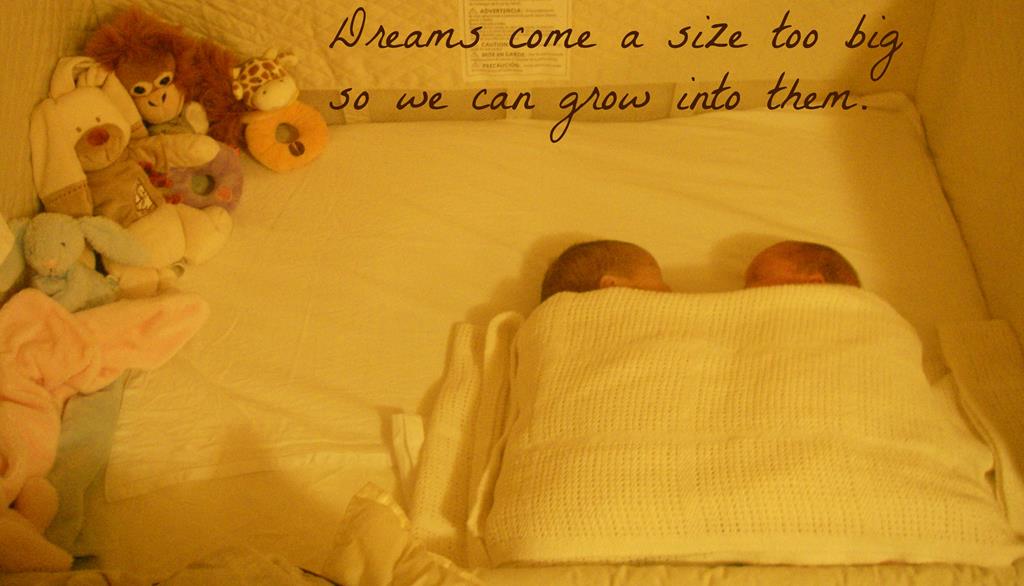
So, what can we do as parents
As partners in our children’s education
To help our little people
Develop self belief, emotional well being
Resilience and a growth mindset
Here are some ideas
Embrace Happy
Encourage your children to be thankful and to find the good in every day
Here is a lovely post about using a Gratitude Journal with children
Embrace Happy has more ideas of how you could record your gratitude moments with your little people

Challenge Children
Set your children goals
And set targets to help them achieve them
The challenges do not have to be too tricky
But hard enough that they have to be worked at to be reached
Taking on challenges
Reaching goals
These things help to build strong, happy, successful children
Who enjoy taking on new tests and learning new things
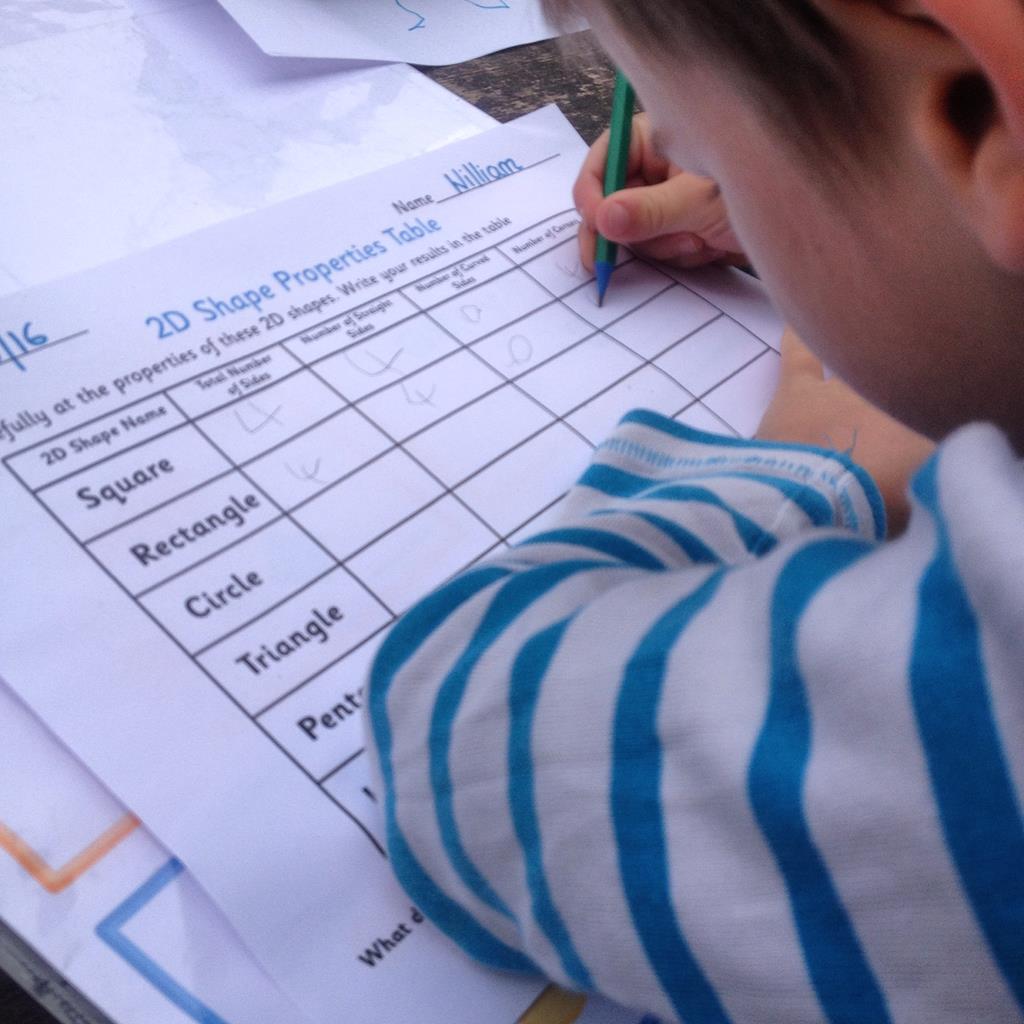
Celebrate Mistakes
Children need to know that it is okay to get things wrong
That mistakes are a huge part of learning
That losing a game makes you a better player
They need to know that it is okay to not be okay
The important thing is that you learn from your mistake
That you get back up and continue the fight
That you do not give up
That getting things right
Doing the right thing
Often requires commitment, determination, patience
And lots of trial and error
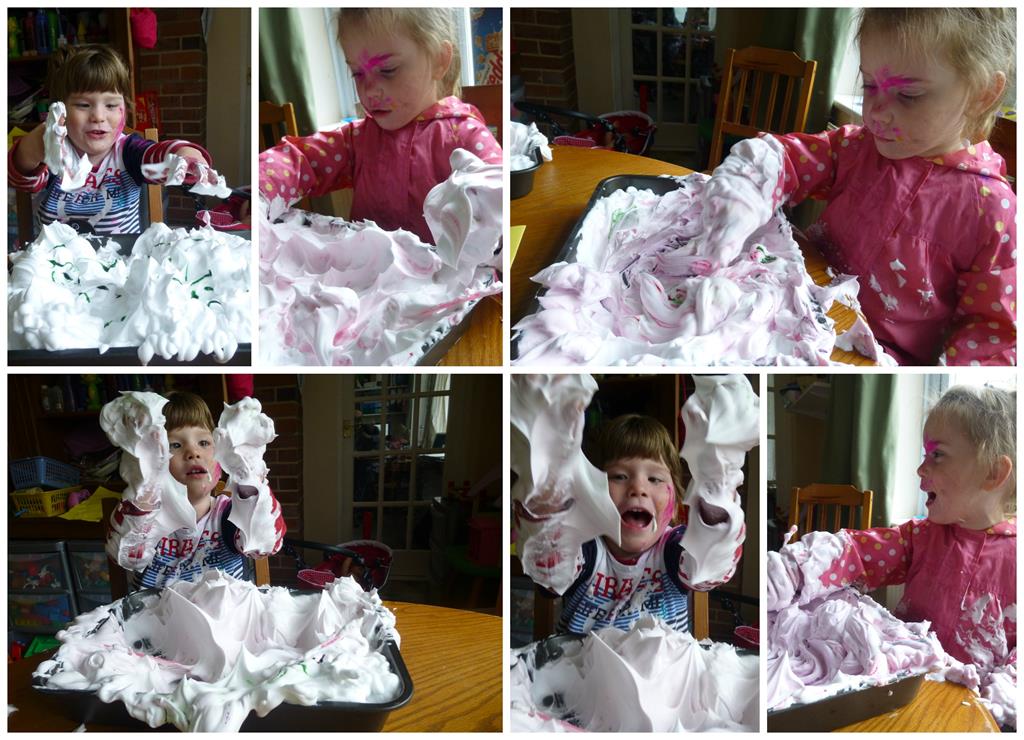
Emotional Intelligence
Help children to recognise and name
The emotions that they are feeling
Give them strategies for coping
With any strong emotions that they feel
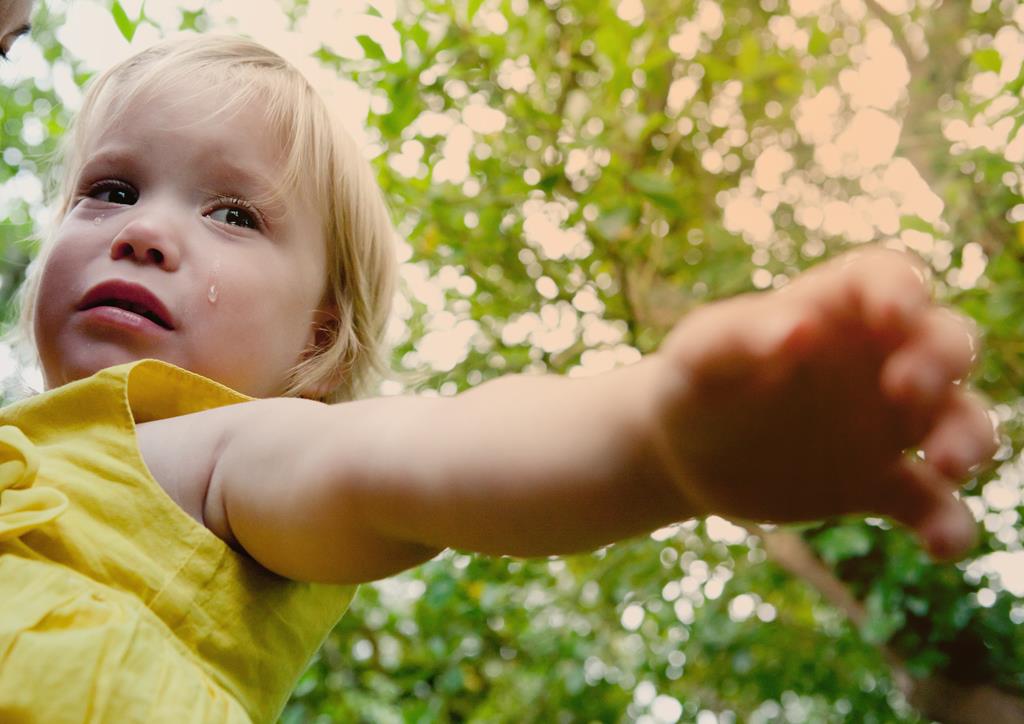
There are lots of ideas and resources
Available online
For helping children with their emotional well being
You could start your search here
There are lots of lovely ideas online
For building resilience in children of all ages
Featuring Star Wars and popular children’s picture books
There is a strong link
Between academic achievement
And well being in children
Not that your child will suddenly become a genius
But that they will be more likely to reach their personal potential
Whatever that might be
Feelings like this can be related to what children believe about what makes them ‘good’ at something – whether it’s school work, sport, or even their ability to manage their emotions and behaviour.
Some children will tend to give up on challenging tasks easily, or avoid tasks they’ve failed at before. They tend to believe that being ‘good’ at a particular activity is a fixed state, and is something they can’t control.
If you feel that you are not able to help your child enough
Perhaps you do not have the time, knowledge or resources
There are people who can help you in school
And through local children’s centres
People who are trained and can help you to help your children
Become self assured, confident, resilient, human beings
Giving them the well being they need
To be well and do well
In and out of school
You could also consider home tuition

Such as one of the many available through Fleet Tutors
Someone who would spend one to one time with your child
Building their confidence n one or more academic subjects
But also giving them strategies for learning
Study skills
Revision routines
Hints and tips
Someone who can teach the skills needed to unlock potential
And scale new heights
Someone who can help your child learn from mistakes
Tackle their challenges
And reach their goals
Whatever they may be
As parents we want our children to be happy
We want them to believe in themselves
And be the best version of themselves that they can be
Emotional Intelligence
Well being
Resilience
Self confidence
And perhaps most importantly a Growth Mindset
Will help them be all we want them to be
And more
And it will help our children
To grow up happy in their own skin
Confident about what they want
And who they are
Knowing that everyone makes mistakes
And that sometimes it really is okay
To not be okay
This is a collaborative post
